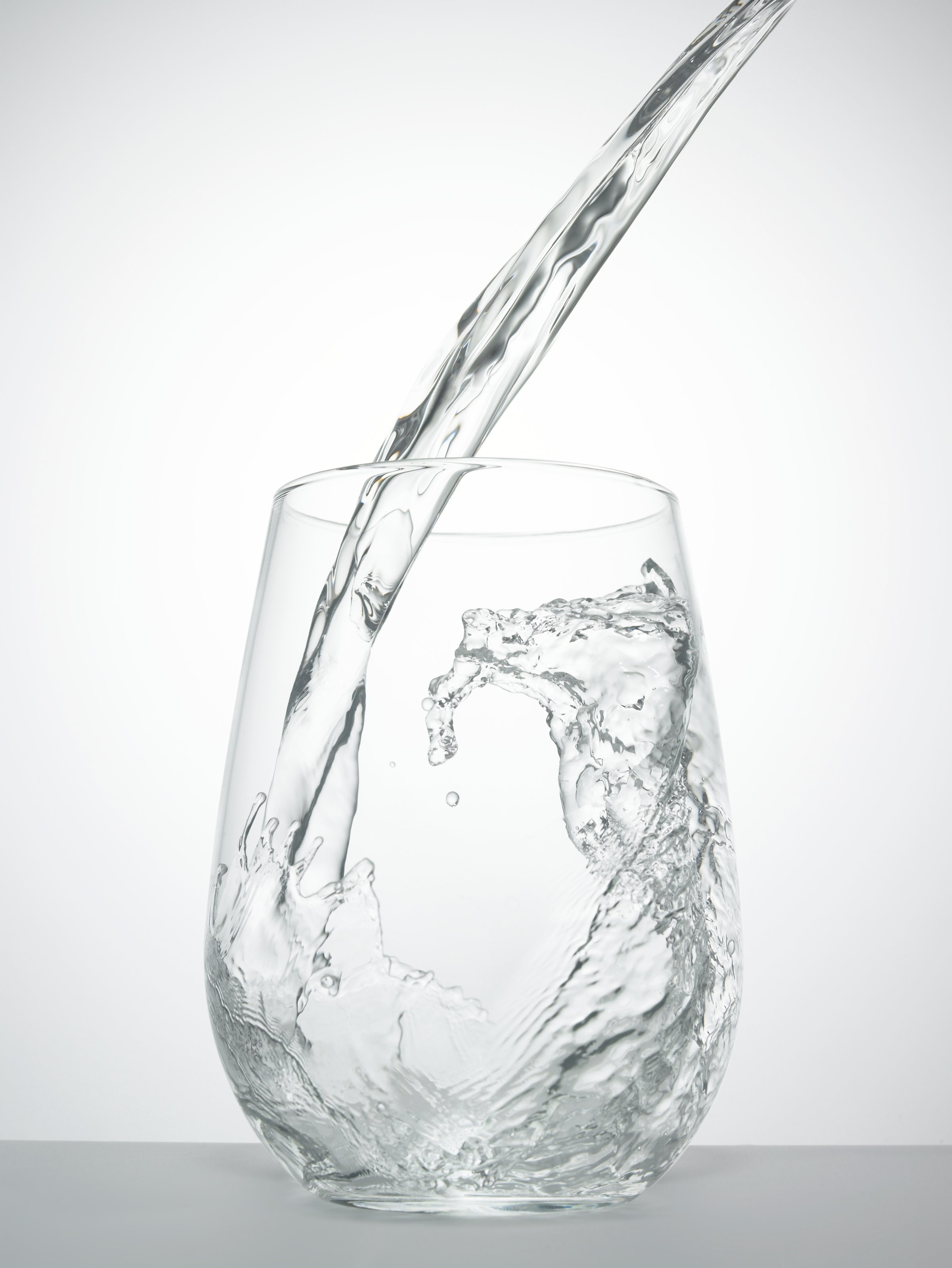
The average American doesn’t drink nearly enough water—only 4 cups a day, by some estimates. At the same, high obesity rates here have barely budged, despite a continued focus on diet and physical activity.
Some researchers don’t think that’s a coincidence. “There’s so much focus on food and exercise, but so much more than just food and exercise goes into weight,” says Dr. Tammy Chang, assistant professor in the department of family medicine at the University of Michigan medical school.
Could the amount of water people drink have any link to their weight? In a new study published in the Annals of Family Medicine, Chang and her colleagues wanted to find out, so they used recent data from about 9,500 adults enrolled in the National Health and Nutrition Examination survey (NHANES), a nationally representative sample of what Americans are eating. The data also included information about how hydrated they were, measured by the concentration of people’s urine.
About 33% of the people in the study weren’t adequately hydrated. What’s more, the researchers found a link between dehydration and overweight. People who weren’t hydrated enough had higher BMIs than those who were.
There may be all kinds of explanations for these findings. People with obesity need more water than people who have smaller bodies, making the hydration threshold potentially harder to reach. But some research suggests that water can play a role in weight control, showing that when overweight people drink water before a meal, they eat fewer calories than if they eat it without water.
So how can you tell if you’re drinking enough water? Instead of sticking to a cup-per-day recommendation, Chang says the most reliable way to tell is to check the color of your urine. If it’s light, almost the color of water, then you likely are, but if it’s dark, you need to step up your water intake.
Drinking plain water isn’t the only way to do that. Fresh fruits and vegetables are packed with water and have far more than processed foods. A cup of sliced radishes has half a cup of water, while a 2-cup serving of watermelon—not to mention a single cucumber—both have more than a cup of water. “They’re good for you because of their nutritional value, but you’re improving your hydration as well,” Chang says.
The link between hydration and weight isn’t yet clear. “More studies are needed to understand the directionality,” Chang says. “But staying hydrated is good for you no matter what.”
More Must-Reads From TIME
- The 100 Most Influential People of 2024
- The Revolution of Yulia Navalnaya
- 6 Compliments That Land Every Time
- What's the Deal With the Bitcoin Halving?
- If You're Dating Right Now , You're Brave: Column
- The AI That Could Heal a Divided Internet
- Fallout Is a Brilliant Model for the Future of Video Game Adaptations
- Want Weekly Recs on What to Watch, Read, and More? Sign Up for Worth Your Time
Write to Mandy Oaklander at mandy.oaklander@time.com